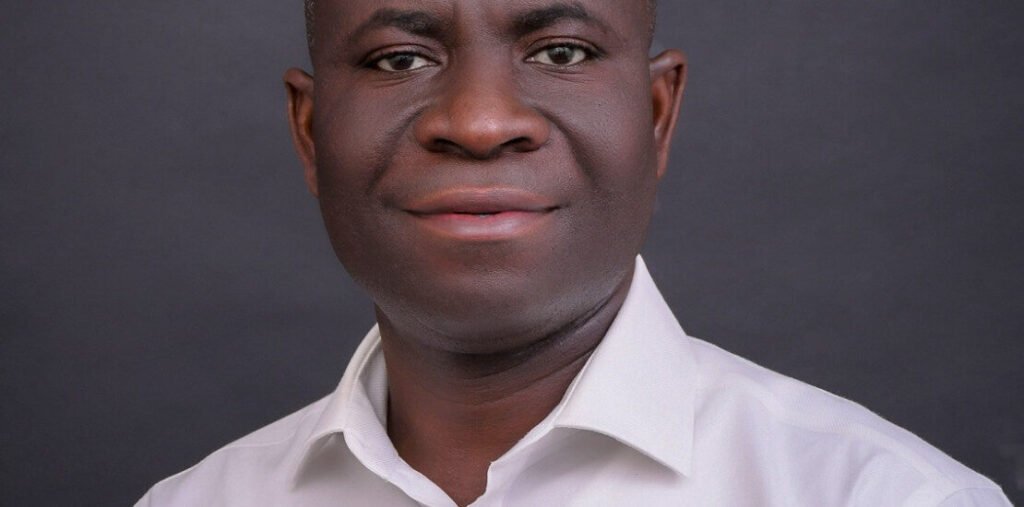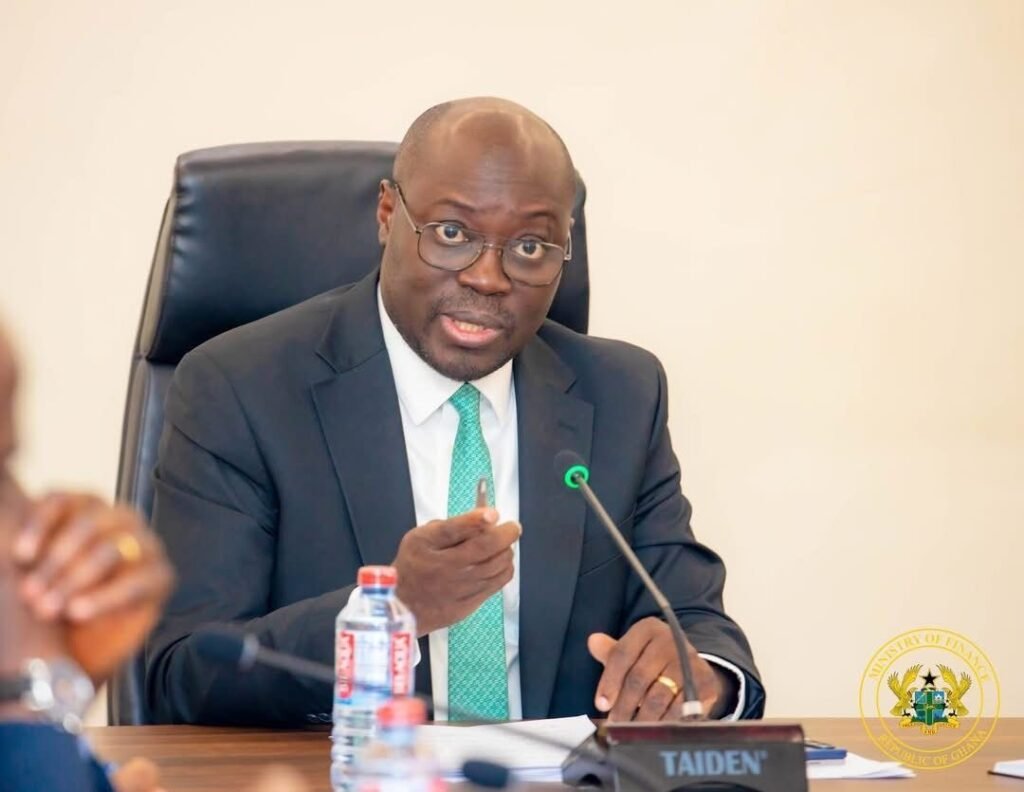Deputy Attorney-General Justice Srem-Sai has clarified that the Operation Recover All Loot (ORAL) was not established as an evidence-gathering institution.
He said ORAL was introduced to serve as a platform for citizens to lodge complaints of corruption and wrongdoing in public office.
Speaking in an interview with GHOne TV, he explained why the initiative was designed.
“At the time there were so many complaints of scandals, corruption in high office. But people lost confidence in the state institutions because I think over the years they’ve tried to report to some of the institutions and nothing happened,” he said.
He noted that ORAL serves as a first point of contact for receiving complaints, not as a body that conducts investigations or collects evidence.
“What the president did was to create a platform for people to lodge those complaints. It was never intended to be an evidence-gathering committee.”
“What they were gathering was information, and that is different from evidence.”
To illustrate, he gave a scenario to serve as an example.
“If you go to the police station and you say someone has stolen your car, what you have given to the police is information or what we call a complaint. Now the police will conduct investigations to gather evidence,” he explained.
“That is why when the president finally assumed office one of the first official functions he played was to receive the ORAL report, which is a compilation of complaints, and hand three over to the Attorney-General. That is when the official criminal process will begin,” he added.
He outlined the normal steps in the criminal justice process, emphasizing the distinction between reporting and investigation saying ORAL was not meant to play any role in the criminal procedure.
“The first one is the complaint people make. When they make the complaint, then we conduct investigations, that’s the second stage. After investigations, the investigative agents will bring what we call a docket or investigative report to the AG to examine.”
He further explained, “We will now have to piece this information together and make sure that it forms a seamless line of allegations and evidence that can lead to prosecution.”
Justice Srem-Sai assured the public that the ORAL initiative remains active and operational.
“The ORAL is alive and it’s very much on track,” he stated.




